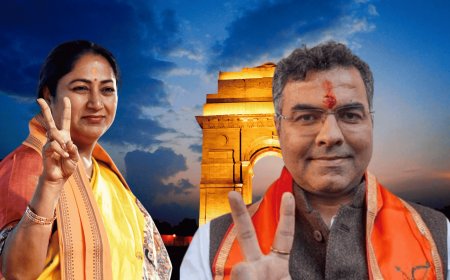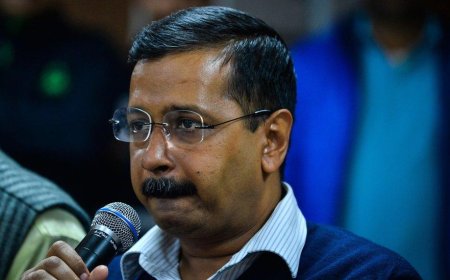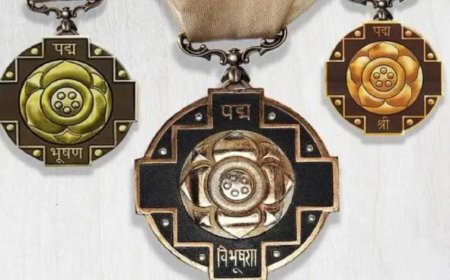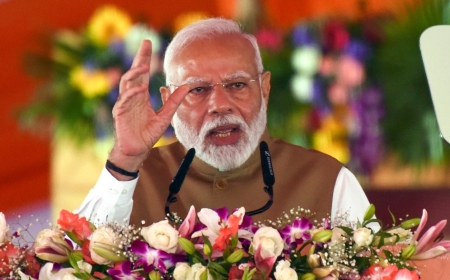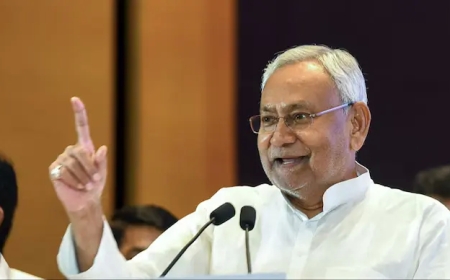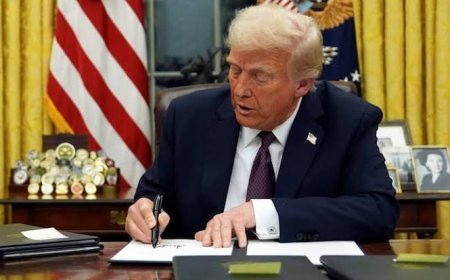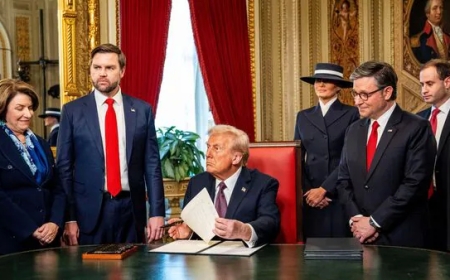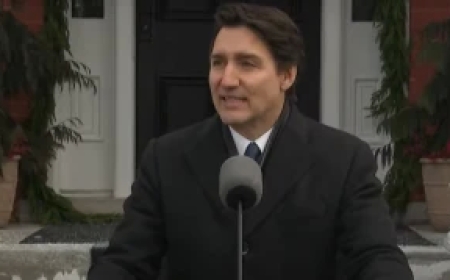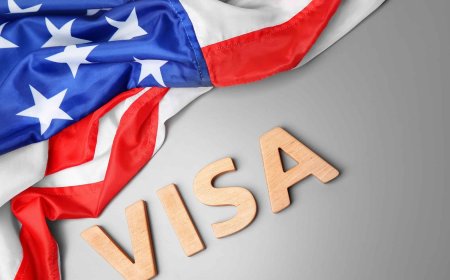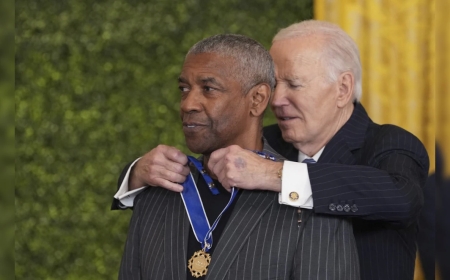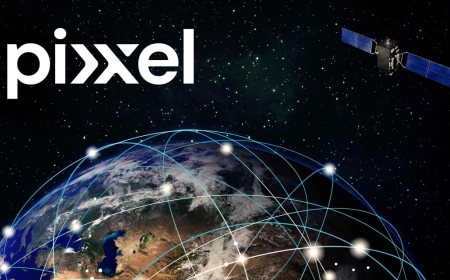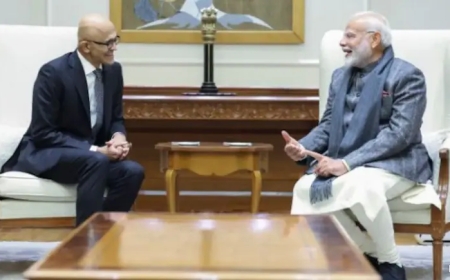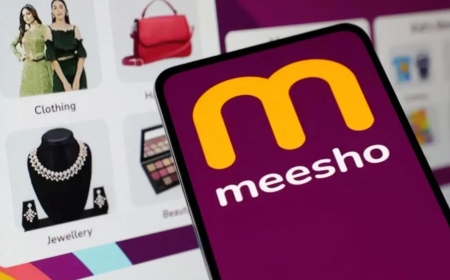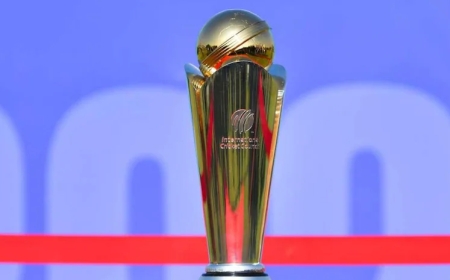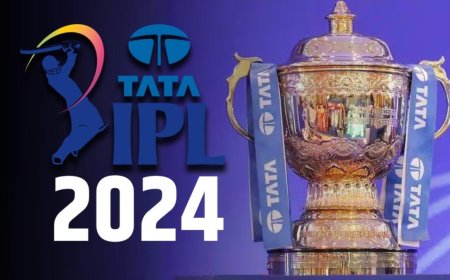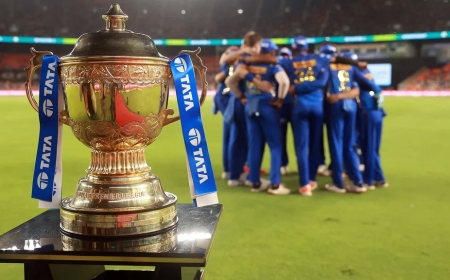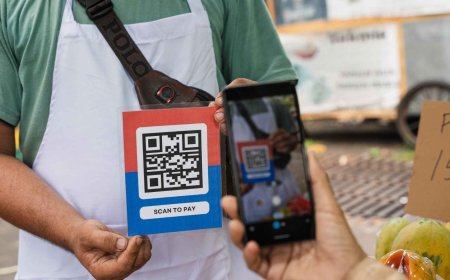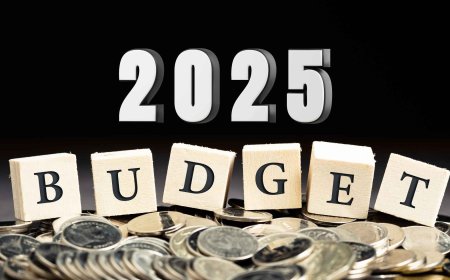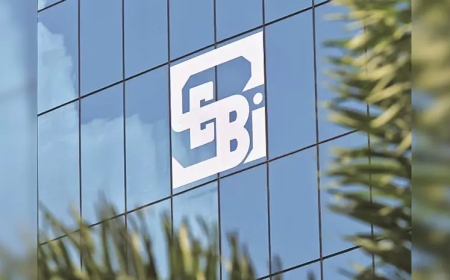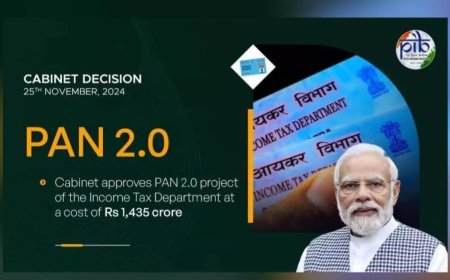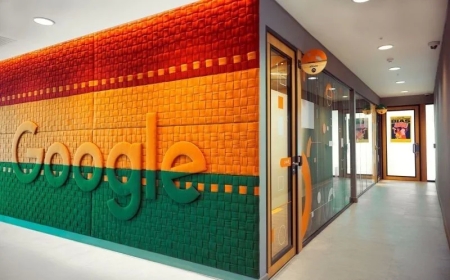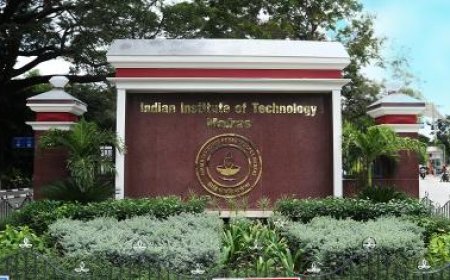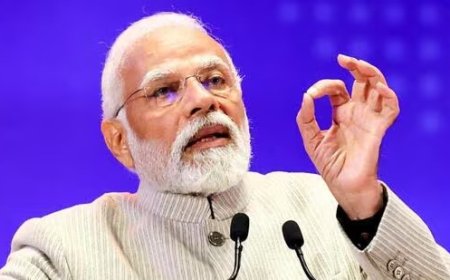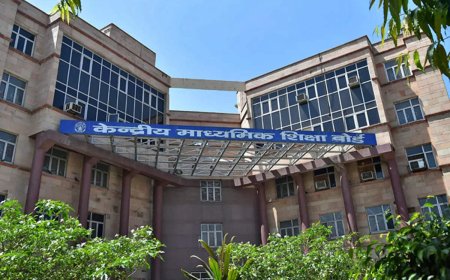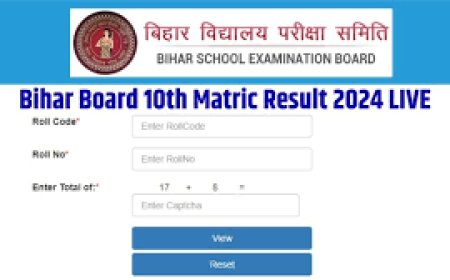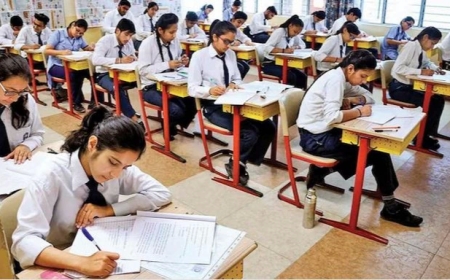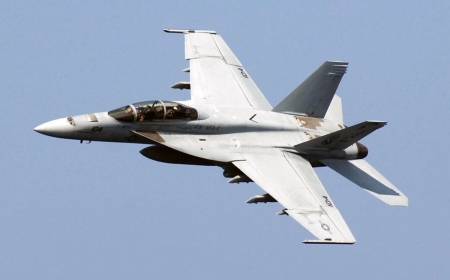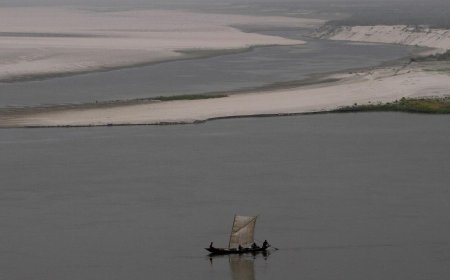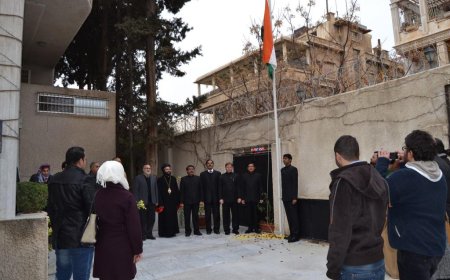UAE President Shows Confidence in Indian Economy and Currency with Rupee-Dirham Trade
India secures major long-term LNG contracts with France and UAE, signaling a shift towards local currency trade. Explore the impact of this energy diversification process and the potential game-changing implications for the region's economy.
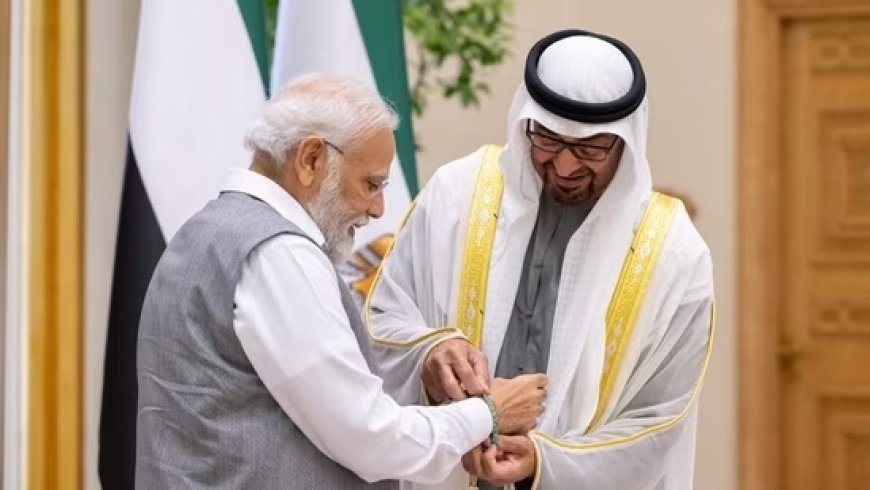
India has recently secured two significant long-term liquefied natural gas (LNG) contracts with France and the United Arab Emirates (UAE) for a total supply of 2 million metric tons of gas. The UAE's decision to include oil and gas in Rupee-Dirham trade has garnered attention, and observers are now curious to see if India's other close allies, Saudi Arabia (the second-largest exporter of crude oil to India) and Qatar (the largest supplier of LNG to India), will follow suit and engage in local currency trade.
During a three-day visit to France and Abu Dhabi, away from media coverage, the Indian government under Prime Minister Narendra Modi signed its first long-term LNG contracts with French company TOTAL in Paris and UAE's ADNOC in Abu Dhabi. These deals amount to 0.8 million metric tons and 1.2 million metric tons of LNG, respectively, and are part of India's efforts to diversify its energy sources.
Previously, India's only long-term LNG contract was with Qatar, involving 11.18 million metric tons of LNG annually, worth USD 12 billion. Additionally, India imports around USD 30 billion worth of crude oil from Saudi Arabia every year.
The credit for the Rupee-Dirham currency settlement goes to RBI Governor Shaktrikanta Das, who played a crucial role in facilitating the MoU with the Central Bank of UAE. This initiative by the UAE signals confidence in India's economy and currency strength. Due to the close relations between Prime Minister Modi and President Mohammed bin Zayed Al Nahyan (MBZ), the bilateral trade between the two countries, amounting to USD 85 billion, including USD 36 billion in oil and gas transactions, will now be conducted in the local currency, removing the reliance on the US dollar.
The agreement to cooperate on interlinking payment and messaging systems between the RBI and the Central Bank of UAE will integrate India's Unified Payments Interface and UAE's Instant Payments Platform. This will facilitate direct card transactions between the two countries' card switches (Rupay switch and UAESWITCH), bypassing the need for third-country networks.
The impact of the Local Currency Settlement (LCS) system between India and UAE is expected to extend beyond the Middle-East and the Indian sub-continent, with other important countries expressing interest in similar arrangements. While Nepal and Bhutan are already linked with the Indian currency, the LCS could be a game-changer in trade with Bangladesh under the leadership of Sheikh Hasina. Beyond financial transactions, the LCS will enable direct business links between individuals in the respective domestic currencies, bypassing the complex processes involving the US dollar and petro-dollar transactions.
What's Your Reaction?
 Like
1
Like
1
 Dislike
0
Dislike
0
 Love
0
Love
0
 Funny
0
Funny
0
 Angry
0
Angry
0
 Sad
0
Sad
0
 Wow
0
Wow
0
